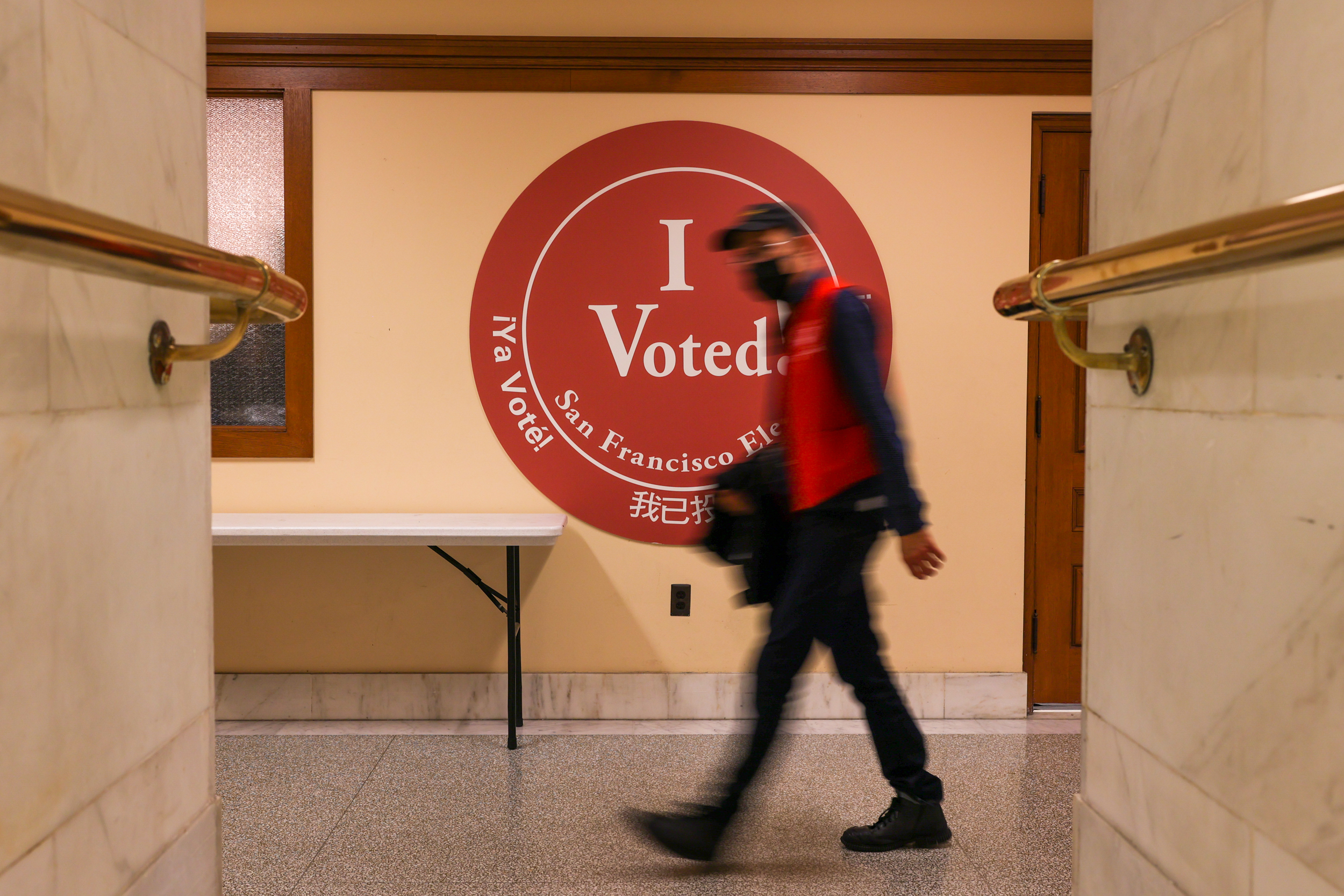An AI-generated voice that sounds like President Joe Biden and tried to discourage voter participation last month is proof that artificial intelligence is a threat to public trust and can discourage voter participation, says Assemblymember Gail Pellerin. That’s why she will soon propose a bill to ban “materially deceptive” election-related deepfakes 120 days before Election Day and 60 days after.
“We have to stay ahead of the deepfakes and bad actors that are out there trying to wreak chaos with our elections,” said Pellerin, a Democrat representing Santa Cruz.
Pellerin’s legislation is one of five bills that will be introduced in the California Legislature this week related to deceptive content and democratic discourse, voting, candidates and election officials.
The other four bills would:
- Require generative AI companies to embed digital provenance data within the digital media they create;
- Require social media platforms to identify and label images, audio and video generated by AI;
- Require generative AI companies to supply tools to verify whether a photo is real or fake;
- Encourage identity verification of social media accounts meeting certain follower thresholds so that users know whether a person or an automated bot is behind a social media account.
None of the bills has been assigned a bill number yet.
Each of the bills is co-sponsored by the California Initiative for Technology and Democracy, a multidisciplinary nonprofit group formed in 2023. It says its aim is to protect elections from harmful or malicious forms of AI.
An October 2023 UC Berkeley poll found that seven out of 10 registered voters in California want lawmakers to protect the public from technology in the upcoming election.
The legislative effort follows a Federal Communications Commission ruling late last week that made robocalls with AI-generated voices illegal.
Dozens of pieces of legislation have been introduced in the California Legislature this year to regulate AI. New procurement policies that determine what kind of contracts state agencies can sign with private companies are also underway.
